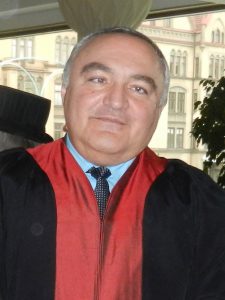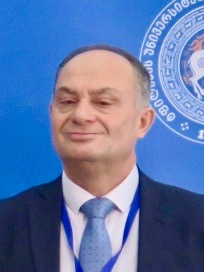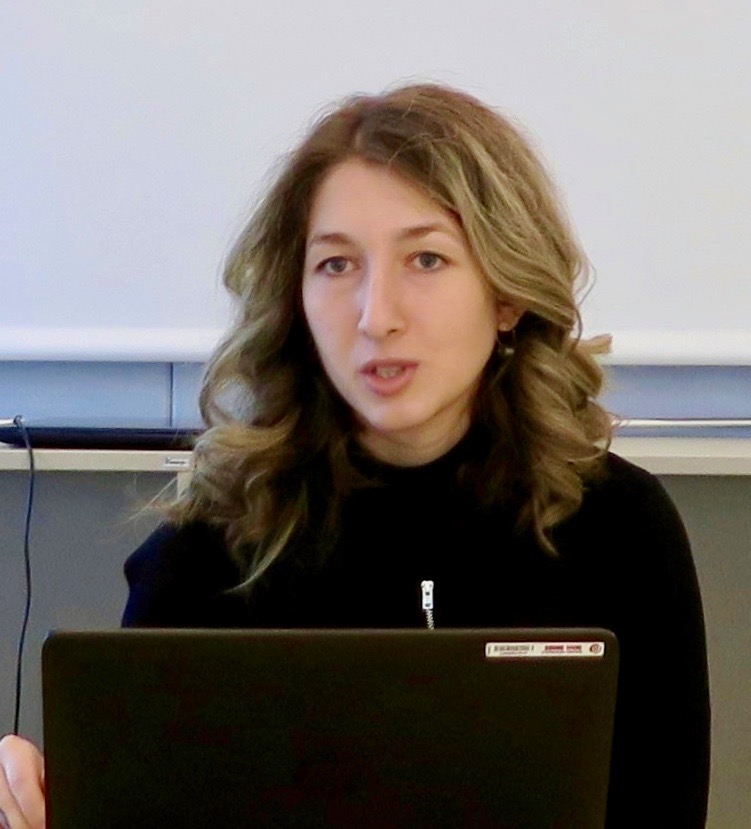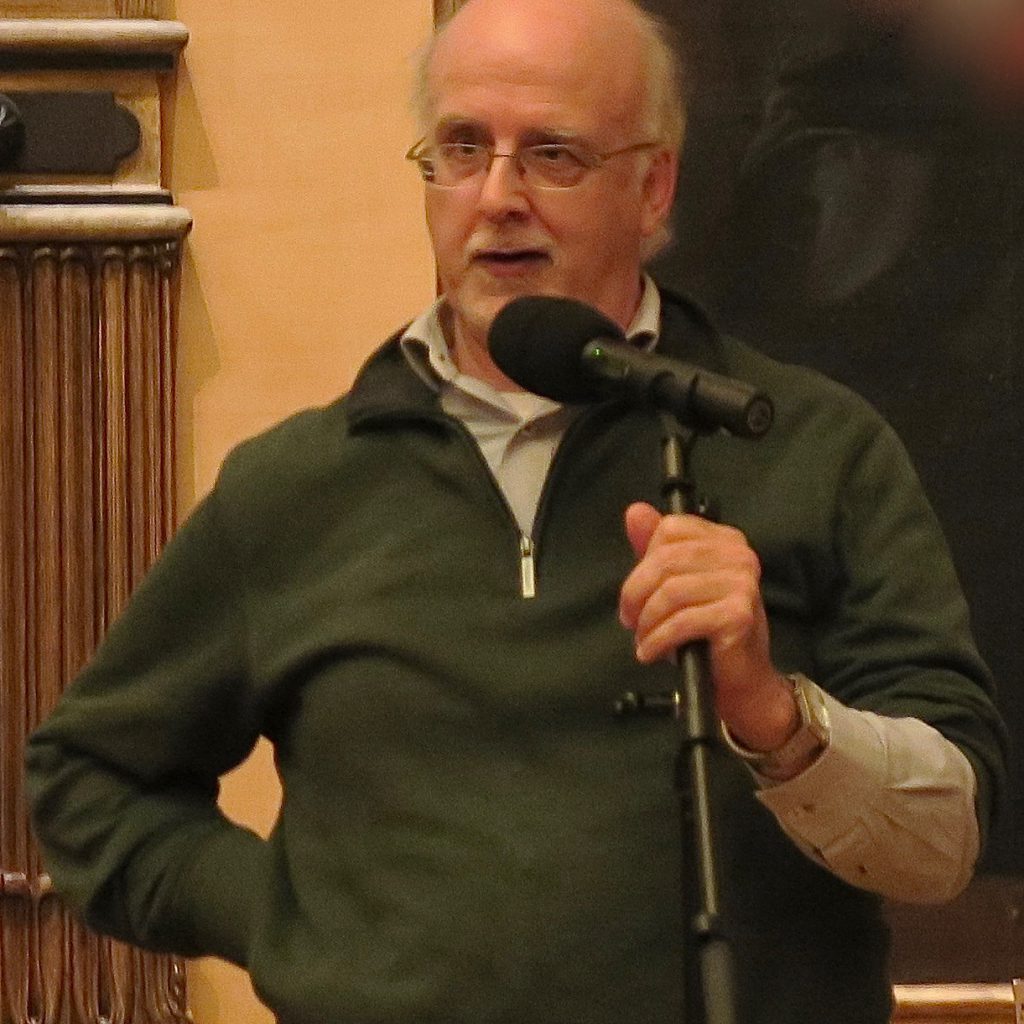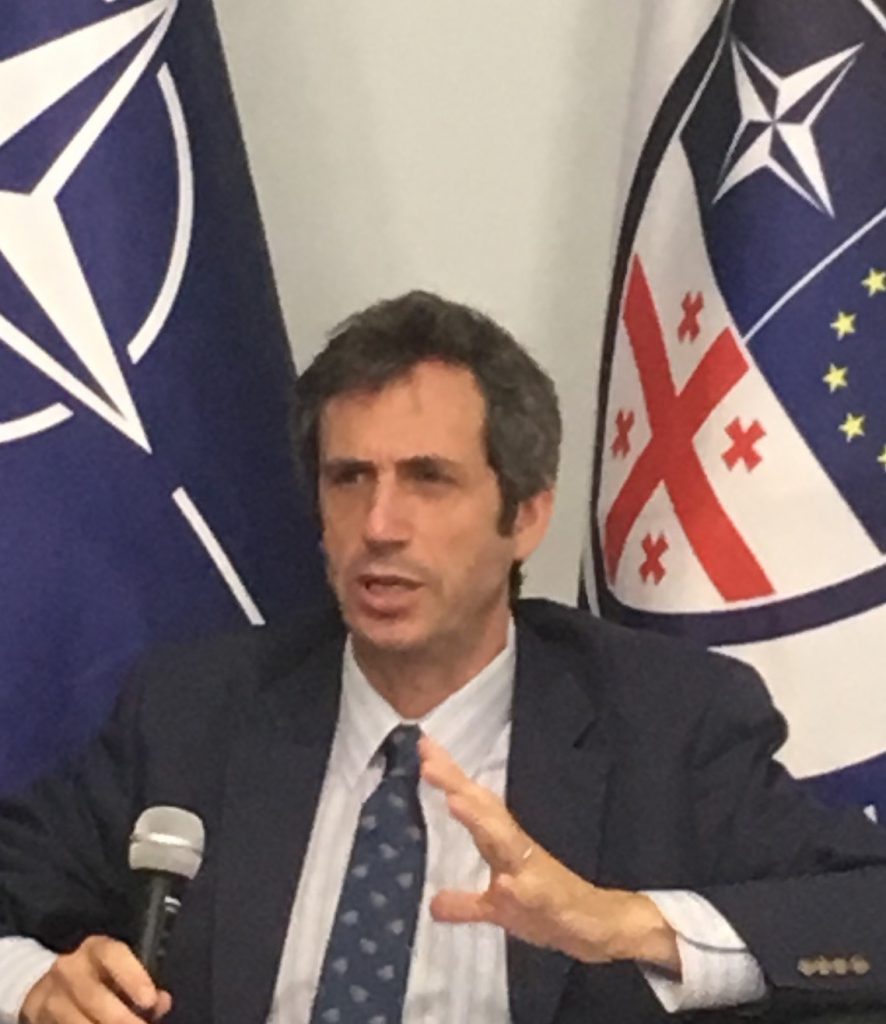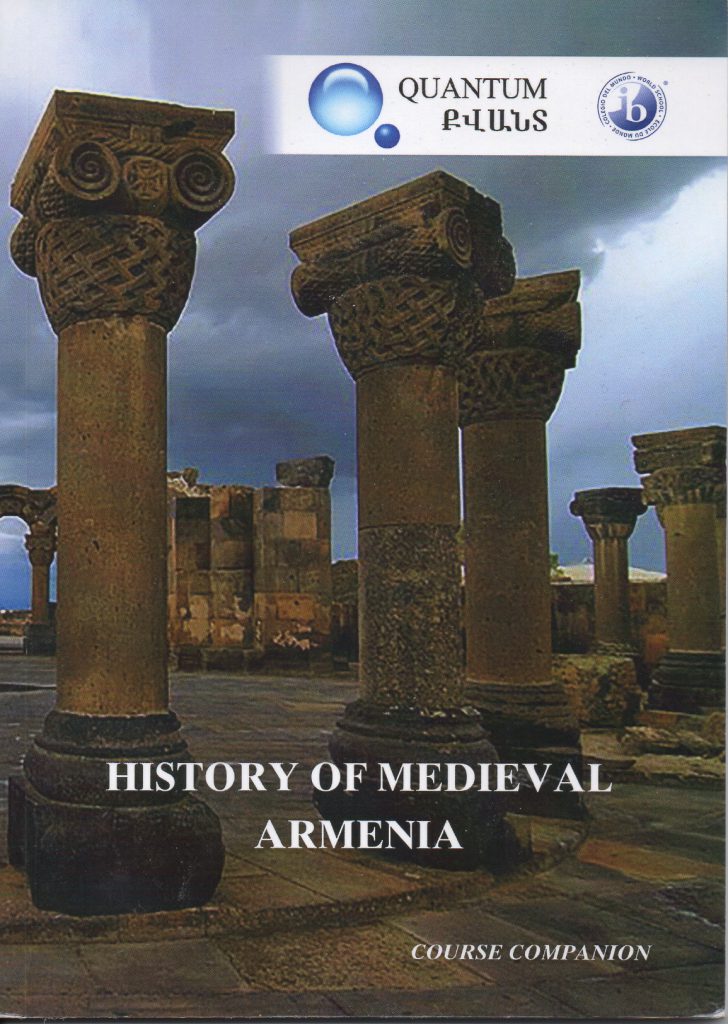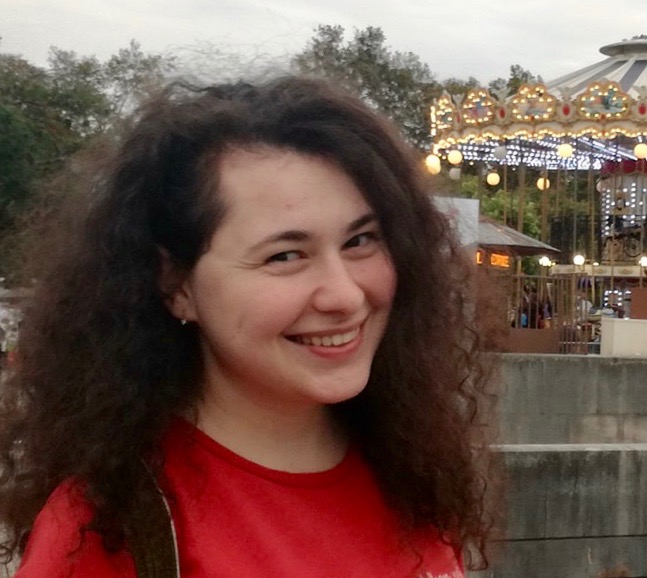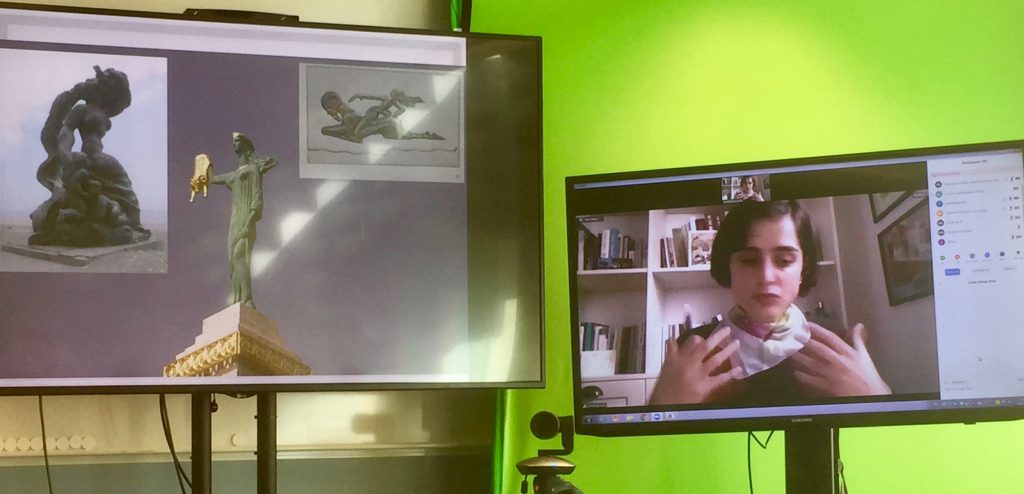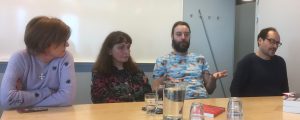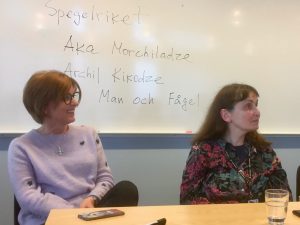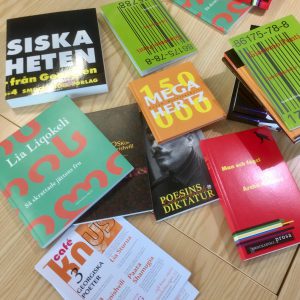On the history of Caucasian Studies in the Tsarist Empire and early Soviet Union
Welcome to the web seminar with Prof. Oliver Reisner (School of Arts & Sciences, Jean Monnet Chair, European & Caucasian Studies, Ilia State University, Tbilisi). The topic of his talk is On the history of Caucasian Studies in the Tsarist Empire and early Soviet Union.
When: 15.15-17.00 CET, May 25 2021
Where: zoom, sign up here
Abstract
In the past few years the first systematizing and critically reflective works on area studies in the Tsarist Empire and the Soviet Union appeared. However, neither Eastern European history concentrating on the Slavic peoples nor philological Oriental studies have so far sufficiently addressed the effects of Tsarist and Soviet systems of scientific research into the Caucasus. In contrast, in the young post-Soviet nation-states, scholars often tend to interpret the share of Soviet research in their own national research traditions as a product of external determination, oppression or colonization, or at least they completely ignore it. The establishment of ‘kavkazovednie’ or Caucasiology as area studies represents the focus of my talk. The knowledge gained in this field is not considered as fixed, but seen as part of a culturally negotiated understanding of the Caucasus region. We will take a look at the places and groups supporting research in a concrete ‘microcosm’, here the Faculty for Oriental Languages of St. Petersburg University, the Caucasian Historical Archaeological Institute (1917) or the first Georgian university (1918) in Tbilisi. Research was embedded in varying political and social environments of Petersburg/Leningrad, Moscow and Tbilisi (Tiflis) for the Caucasus. I attempt to clarify the interdependence of these three ‘areas of experience’ in my discussion of the role of scholarship in state and society. Scientific achievement has been of particular importance for the self-understanding and representation of an imperial-state as well as respective nations. Recent studies into the practice of research in the early Soviet Union address most of all the effectiveness of scientific paradigms of nation building, but not so far scope and approaches of Caucasus Studies as area studies as an academic practice.
Short bio
Oliver Reisner is professor in European and Caucasian Studies at Ilia State University Tbilisi (Georgia) since 2015. He received his Dr. phil. degree in East European History for a thesis on nation building in Georgia at Göttingen University (2000), coordinated the MA programme “Central Asia / Caucasus” at Humboldt University Berlin (2000-2003). After implementing an EU-funded civic integration project with World Vision in Georgia, from 2005 until 2015 he was working as project manager at the EU Delegation to Georgia. He published a monograph and 28 papers, most recently on Europeanisation, religion, civil society in Georgia as well as the Georgia country reports for the Bertelsmann Transformation Index. He is a member of the board of the “Association of European Studies for the Caucasus” and of the advisory council of the “European Journal of Minority Issues”. Currently he is leading a research project “In Search of Social Cohesion in Minor Urban Settings of Georgia” (Rustaveli National Science Foundation). Finally, he is co-editor of the series “Caucasian Studies” at Reichert Verlag Wiesbaden.
